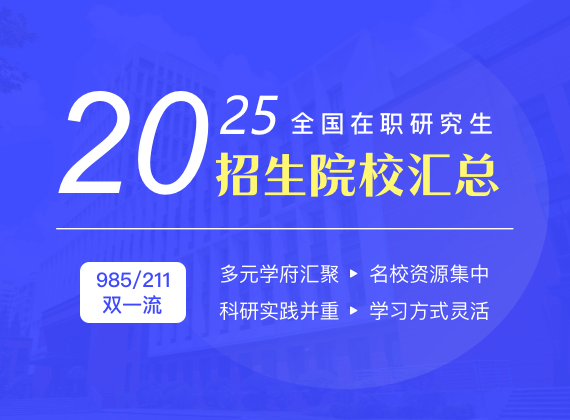10月联考英语阅读练习及答案:passengers
来源:在职研究生招生信息网 发布时间:2015-07-28 11:03:58
International airlines have rediscovered the business travelers, the man or woman who regularly jets from country to country as part of the job. This does not necessarily mean that airlines ever abandoned their business travelers. Indeed, companies like Lufthansa and Swissair would rightly argue that they have always catered best for the executive class passengers. But many lines could be accused of concentrating too heavily in the recent past on attracting passengers by volume, often at the expense of regular travelers. Too often, they have seemed geared for quantity rather than quality.
Operating a major airline in the 1980s is essentially a matter of finding the right mix of passengers. The airlines need to fill up the back end of their wide-bodied jets with low fare passengers, without forgetting that the front end should be filled with people who pay substantially more for their tickets.
It is no coincidence that the two major airline bankruptcies in 1982 were among the companies specializing in cheap flights. But low fares require consistently full aircraft to make flights economically viable, and in the recent recession the volume of traffic has not grown. Equally the large number of airlines jostling for the available passengers has created a huge excess of capacity. The net result of excess capacity and cutthroat competition driving down fares has been to push some airlines into collapse and leave many others hovering on the edge.
Against this severe background, it is no surprise that airlines are turning increasingly towards the business travelers to improve their rates of return. They have invested much time and effort to establish exactly what the executive demands for sitting apart from the tourists.
High on the list of priorities is punctuality; an executive’s time is money. In-flight service is another area where the airlines are jostling for the executive’s attention. The free drinks and headsets and better foods are all part of the lure.
1. One criticism against many international airlines is that they have, in the recent past, ______.
A.catered for the more wealthy people
B.given preferential treatment to executive clients
C.only met the needs of the regular travelers
D.marketed their service with the masses in mind
2. With the intention of attracting a somewhat different type of passengers, the airlines have now begun to concentrate on ______.
A.providing facilities enabling business travelers to work on board
B.ensuring that the facilities offered the executives are indeed superior
C.organizing activities in which first-class passengers can participate
D.installing sleeping compartments where more privacy is ensured
3. From the passage we can infer that ______.
A.a successful airline in the 1980s meets the needs not only of the masses but also of the wealthy passengers
B.it is more comfortable for passengers to sit in the back of jet planes
C.business travelers dislike regular tourists
D.only by specializing in cheap flights can airlines avoid bankruptcy
4. The case that “the two major airline bankruptcies in 1982 were among the companies specializing in cheap flights” implicates ______.
A.the airlines should not pay more attention to the regular passengers
B.airlines for low fares must keep a constant stream of passengers in order to stay viable
C.the airlines should pay more attention to the business passengers
D.low fares would make companies bankrupted
5. In Paragraph 5, “in-flight service” means ______.
A.service on the plane
B.a new safety device
C.flights within one country
D.charge-free air service
参考答案:D B A B A
下一篇: 10月联考会计硕士逻辑练习及答案一





















